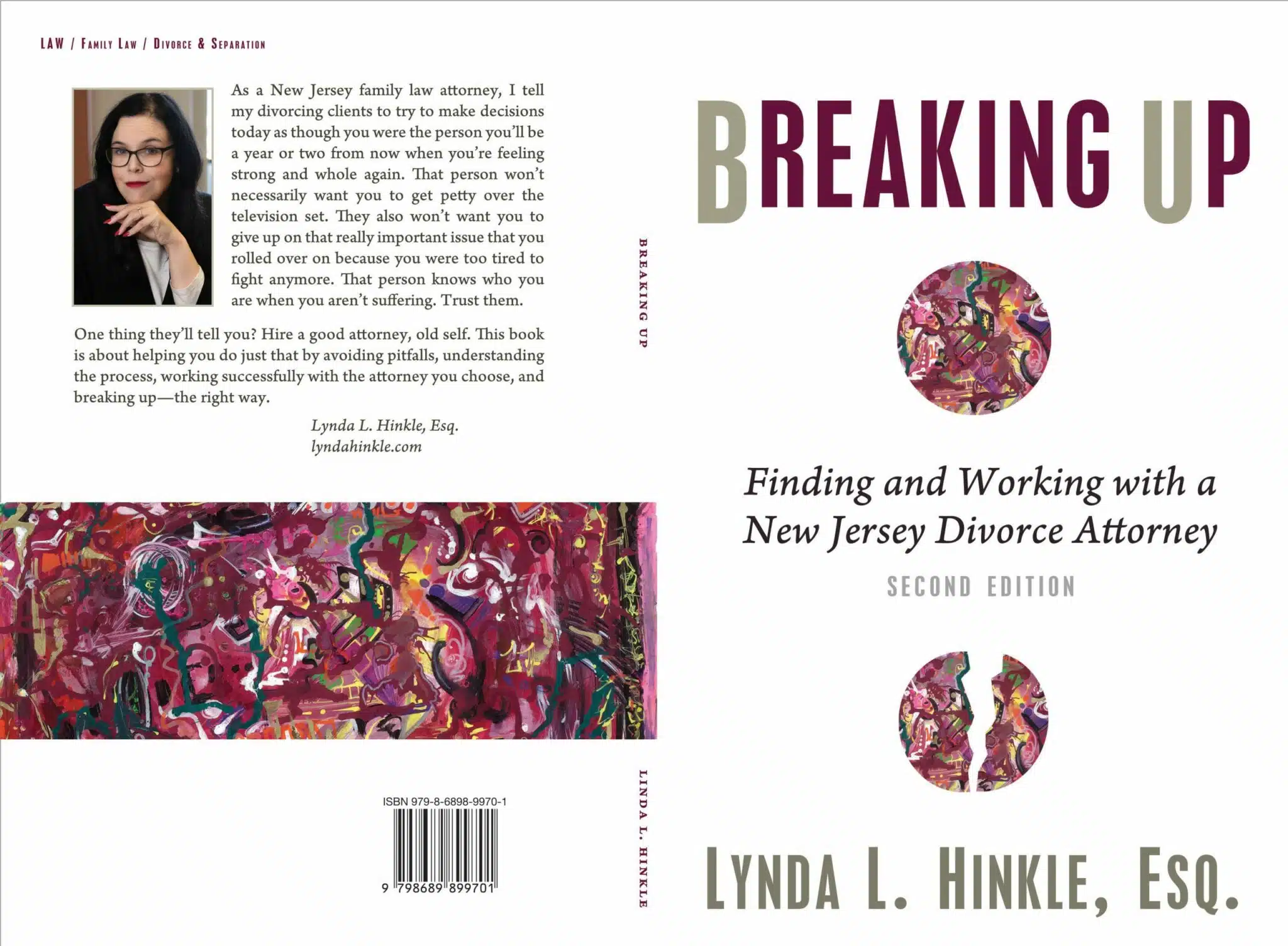What Goes Into a Divorce?

Divorce is a very personal experience and, because of that, the details of divorce can vary greatly from situation to situation. Getting to this point in a marriage is often painful and difficult, and can be emotionally and also financially exhausting. A divorce in which the marriage has been for a short time, that hasn’t produced any children, and has fewer assets and properties involved should be a simpler process than a divorce that includes a long marriage, any minor children, and more property or debt to divide. A divorce that is agreed upon by both parts of the couple are often simpler, as are those in which the individuals can agree on more aspects of their negotiation. There are many ways to handle a divorce, but it’s always recommended to have communication with a legal professional in this process, particularly as different states have different laws pertaining to divorce.
Steps of Divorce
Once a married couple has exhausted all the other options to maintain their marriage, there are multiple steps to the divorce process. These necessary steps will depend on the situation of the married parties. Some common steps include:
Separation
Although technically not a necessary part of the divorce process, getting a separation is often associated with getting a divorce. In some states a separation is a segue into the divorce process, in some states it is a legally recognized situation of its own, and yet in other states like New Jersey, it’s simply an alternative to a divorce with no legal changes.
Petition for Divorce
The first technical step in a divorce is filing a Petition for Dissolution of Marriage. This petition is a public document, so does not contain a lot of personal information, however it does state some basic facts about both the Petitioner (the person who filed the petition) and the Respondent (the person who receives the Petition), as well as their children if they have any. This Petition also states the “grounds” for divorce. These grounds for divorce are often “irreconcilable differences” or “incompatibility”, but there are many others which can vary by state.
Divorce Orders
Once the Petition has been filed with the Court, this Petition and a Summons to Appear need to be “served” to the Respondent. Typically this is served by a member of the Sherriff’s office. Once this has been served, the Respondent has 30 days to file a written Response to the Petition, typically after hiring or consulting with an attorney. If the Respondent does not respond within 30 days, the divorce case can fall into a default judgement. It’s also at this time that attorneys can establish any temporary orders that can include child support, spousal support, and any maintenance and marital expenses.
Discovery, Negotiation, and Settlement
This part of the process is extremely variable and has the opportunity to be the longest part. The “discovery” stage is when information is gathered about both parties by their attorneys. This is often financial information. This part of the process can then include negotiation between each party and their attorneys for child custody, assets, debts, and anything else the couple may have shared. This is often much quicker for married couples that did not have many joint assets or any children. The attorneys are required to appear at Court and advise a judge on the status of the case. These negotiations will often end in a Marital Settlement Agreement if both parties have reached agreements. This Agreement is then signed, both parties appear before the Judge once, and the process is complete.
Trial
In the case the a Settlement cannot be reached, a case will go to trial. Both parties’ attorneys spend months preparing a case to go to trial. This can be very time-consuming and expensive, but if a case can not be settled before it must go through this process. No juries are used for divorce cases and final judgement is made solely by the Judge.
Conclusion
Divorce laws can be complicated and very specific. Consulting with or hiring an attorney is the best way to ensure that mistakes aren’t made and you and your family won’t have to live through the difficulty and stress of the divorce process for any longer than necessary.
If you have any questions about the What Goes Into a Divorce, call 856-227-7888 or contact us at [email protected]. We offer free consultations and have locations in Camden, Burlington, and Gloucester counties, and are happy to discuss your legal options.


